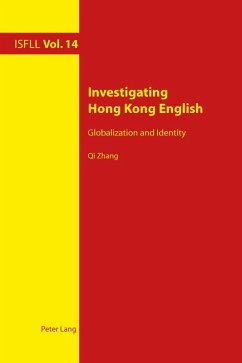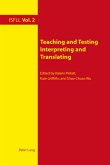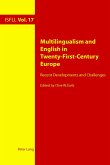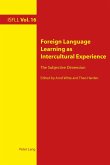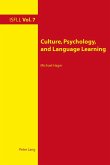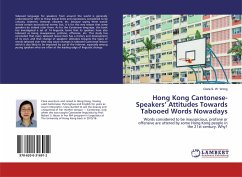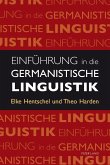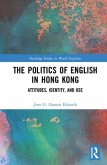The status of Hong Kong English has been an increasing concern among the local population. Despite prolific research into attitudes towards language variation within the field of sociolinguistics in general, very few studies have focused on the Hong Kong context. Previous research has demonstrated that native English speakers tend to evaluate Standard English varieties highly as far as status is concerned, while non-standard varieties are evaluated highly in terms of solidarity. There is still, however, a noticeable lack of information about the attitudes of Hong Kong Chinese people to different English varieties and, particularly, about their attitudes to the local non-standard variety.
This richly detailed case study sets out to investigate the attitudes of Hong Kong university students to eight varieties of English speech. It employs a range of direct and indirect techniques of attitude measurement in order to obtain in-depth information about the students' perceptions. The book also discusses the important pedagogical implications of the choice of linguistic model in English language teaching, both within the Hong Kong population and among other Chinese communities.
This richly detailed case study sets out to investigate the attitudes of Hong Kong university students to eight varieties of English speech. It employs a range of direct and indirect techniques of attitude measurement in order to obtain in-depth information about the students' perceptions. The book also discusses the important pedagogical implications of the choice of linguistic model in English language teaching, both within the Hong Kong population and among other Chinese communities.

